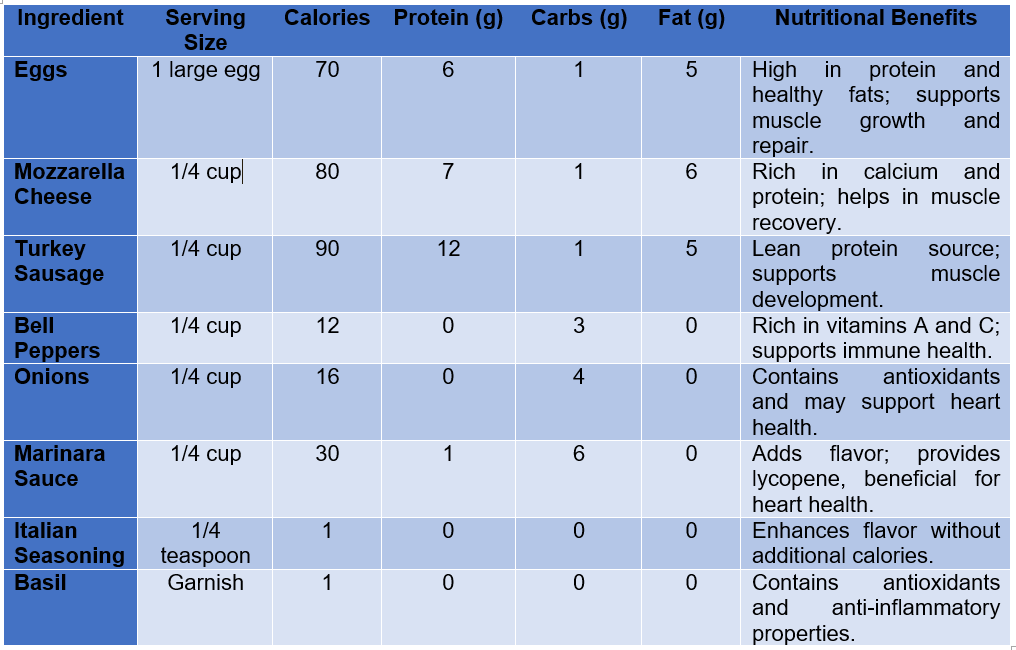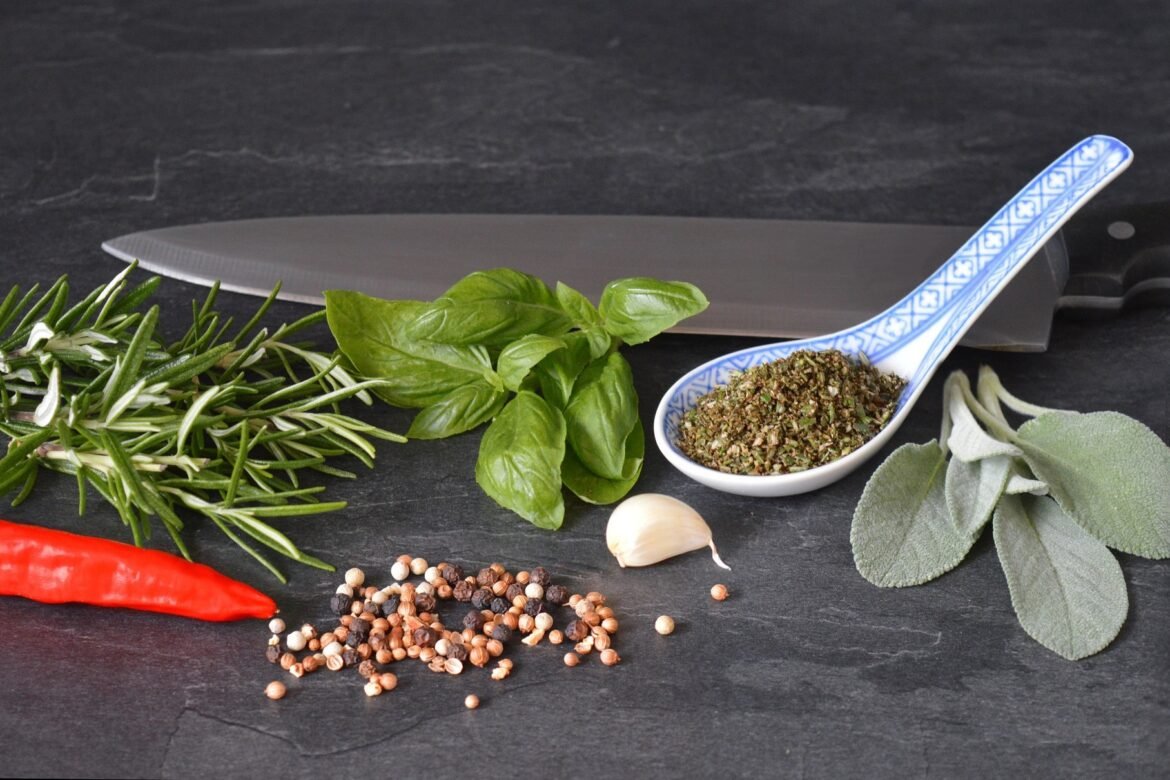The Rise of Plant-Based Protein: What Bodybuilders Need to Know
In recent years, the popularity of plant-based diets has surged, with more individuals, including bodybuilders, recognizing the benefits of incorporating plant proteins into their nutritional regimen. As athletes increasingly shift away from animal-based proteins, it’s essential to understand the advantages and challenges of a plant-based protein diet, as well as how to ensure sufficient amino acid intake for muscle growth and recovery.
The Benefits of Plant-Based Protein for Bodybuilders
1. Rich in Nutrients
Plant-based protein sources are often rich in essential vitamins, minerals, and antioxidants. Foods like legumes, nuts, seeds, and whole grains provide not only protein but also fiber, which aids digestion, and phytochemicals that can help reduce inflammation and oxidative stress.
2. Lower Saturated Fat
Compared to animal proteins, many plant-based proteins are lower in saturated fat and cholesterol. This can be beneficial for heart health, particularly for bodybuilders who are focused on overall health and longevity in their athletic careers.
3. Weight Management
Plant-based diets are typically lower in calories than traditional diets high in animal protein. This can aid bodybuilders in managing body composition and reducing excess body fat, helping to achieve a leaner physique while still supporting muscle growth.
4. Sustainability
Choosing plant-based proteins can be more environmentally sustainable than animal-based proteins. Reducing reliance on animal agriculture can lower one’s carbon footprint and contribute to more sustainable eating practices.
Challenges of Plant-Based Protein for Bodybuilders
1. Amino Acid Profile
Most plant proteins are considered incomplete proteins, meaning they lack one or more of the essential amino acids required for muscle repair and growth. This can be a concern for bodybuilders who need to ensure they are getting all essential amino acids.
2. Digestibility
Some plant proteins, particularly those from legumes and grains, can be harder to digest than animal proteins. They may contain antinutrients like phytates and lectins that can inhibit nutrient absorption. Cooking and soaking methods can help reduce these compounds.
3. Caloric Density
While many plant-based foods are nutrient-dense, they can sometimes be less calorically dense than animal protein sources. Bodybuilders might find it challenging to meet their caloric needs for muscle gain without consuming large volumes of food.
4. Variety and Meal Planning
A diverse range of plant-based proteins is necessary to ensure all essential amino acids are consumed. This requires careful meal planning and preparation, which can be time-consuming for busy athletes.
Comparing Different Plant Proteins
Here’s a comparison of various plant-based protein sources to help bodybuilders choose the right options:

Tips for Ensuring Adequate Amino Acid Intake
To ensure bodybuilders get all essential amino acids while following a plant-based diet, consider these tips:
1. Mix Protein Sources
Combine different plant proteins throughout the day to achieve a complete amino acid profile. For example, pairing legumes (low in methionine but high in lysine) with grains (high in methionine but low in lysine) can create a complete protein.
2. Incorporate Protein Supplements
Consider adding plant-based protein powders (like pea, soy, or hemp protein) to smoothies, oatmeal, or baked goods to easily increase protein intake without excessive caloric consumption.
3. Focus on Variety
Incorporate a wide range of protein sources into your diet, including beans, lentils, whole grains, nuts, seeds, and soy products. This will help cover the spectrum of essential amino acids and nutrients.
4. Leverage Protein-Rich Foods
Foods like edamame, chia seeds, hemp seeds, and nutritional yeast are excellent additions to a plant-based diet, providing high protein content along with essential nutrients.
5. Monitor Your Intake
Utilize apps or food journals to track protein intake and ensure you’re meeting your daily protein goals. Aim for a range of 1.2 to 2.2 grams of protein per kilogram of body weight, depending on training intensity and goals.
Conclusion
The rise of plant-based proteins offers an exciting opportunity for bodybuilders to diversify their diets while reaping numerous health benefits. While there are challenges to consider, such as amino acid profiles and digestibility, careful meal planning, and the right combination of foods can ensure adequate protein intake. By embracing a plant-based approach, bodybuilders can not only enhance their performance and recovery but also contribute to their overall health and sustainability.
References
- Messina, M. (2016). Soy and Health Update: Research Updates on Soy’s Health Effects. Nutrients, 8(11), 704.
- Beattie, J. (2018). Pea Protein Isolate: A Review. Journal of Food Science and Technology, 55(6), 2160-2166.
- Mangels, A. R. (2017). The Dietitian’s Dilemma: A Plant-Based Diet for Optimal Health. Nutrition Today, 52(6), 307-314.
- Ory, N. J. et al. (2020). Plant-Based Protein Consumption and Health. Advances in Nutrition, 11(2), 206-213.
